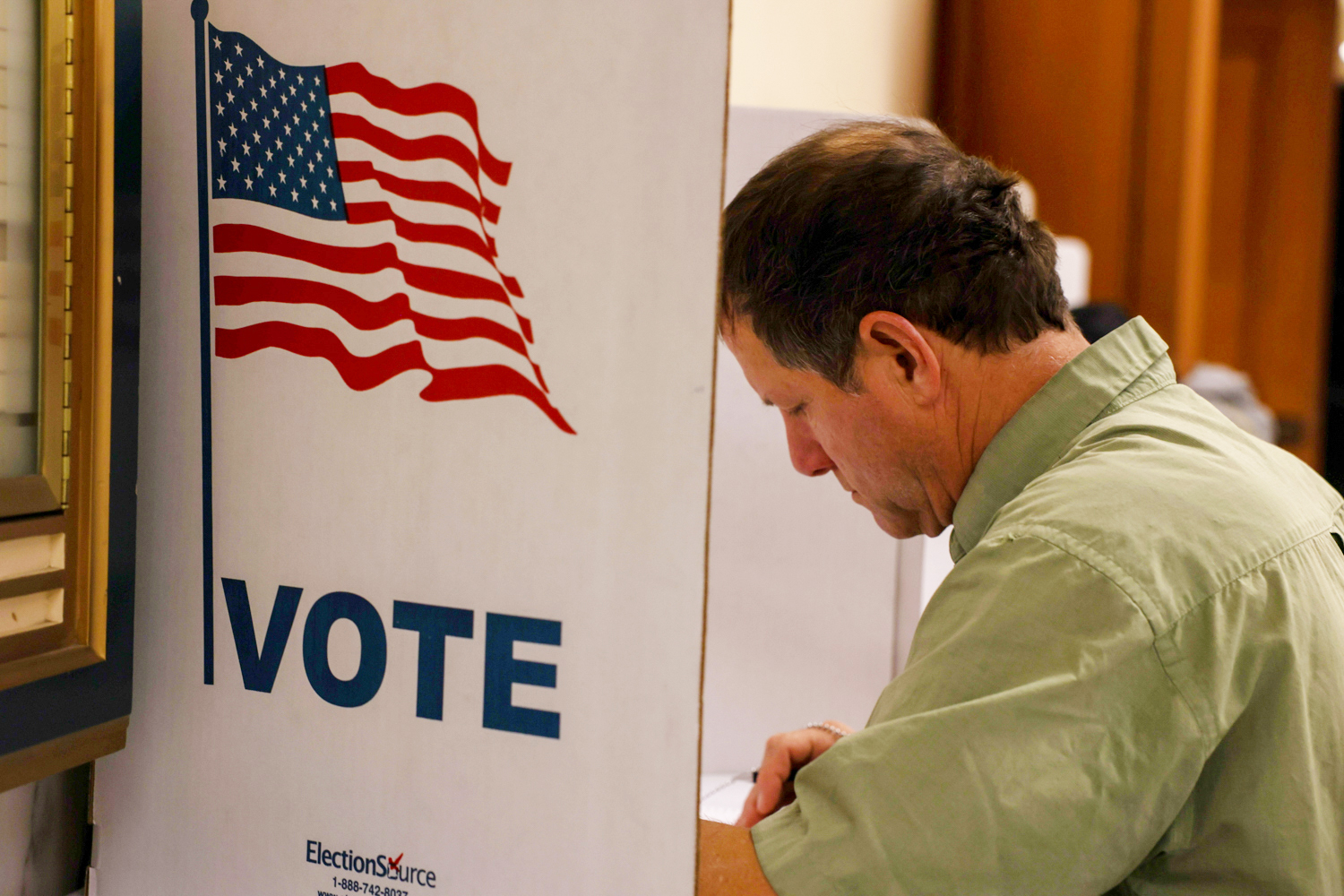An election year is upon us, and San Franciscans face crucial elections in March and November. March’s primary election features some important policy questions, and some contests will set the stage for the November election as well—so you might want to mark your calendars to vote in March, even if you’ve never voted in a primary before. On top of that, there will be open seats in some federal and state offices, most notably the U.S. Senate.
Here’s a timeline of important dates for voting in San Francisco’s March 5 election.
Voting Starts Feb. 5
In-person voting at San Francisco City Hall begins Feb. 5. If you are already registered to vote and prefer to vote by mail, your ballot should be delivered after Feb. 5.
The city mails out ballots to all registered voters in the city about a month before the election. The ballot includes a return envelope, and no postage is required to return it. The last day to register and receive a ballot in the mail is Feb. 19, and the last day you can request a mail ballot is Feb. 27.
There are 34 official drop boxes around the city where you can return your ballot; these will also be ready to use by Feb. 5.
If you want to vote on Election Day, you can look up your assigned polling place using the Department of Elections’ voter portal. The Department of Elections will have 501 polling places assigned on or around Feb. 5. Your polling place will also be printed on the back of your Voter Information Pamphlet.
Register To Vote by Feb. 20
The San Francisco Department of Elections has a voter portal that can guide you through registering to vote as well as the voting process.
In order to vote in the March primary, you must register by Feb. 20. You can register online at the California Secretary of State’s website, provided you have a signature on file with the Department of Motor Vehicles. You can also contact the Department of Elections here to request a paper registration form be sent to your address. Registration forms are also available at public libraries. These forms should be filled out and mailed or dropped off at the Department of Elections by Feb. 20.
California also has automatic voter registration when you apply for or renew a driver’s license or California Identification Card at the Department of Motor Vehicles, unless you specifically opt out. You can check your voter registration status at this page maintained by the Secretary of State or via the San Francisco Department of Elections’ voter portal.
You should receive a Voter Notification Card about two weeks after you register.
Provisional Voting
If you don’t register to vote by Feb. 20 and still want to vote, you can do so provisionally with what is called “conditional” or “same-day voter registration.” Your ballot will be counted after your voting eligibility is confirmed. You may also have to vote provisionally if you walk into the wrong polling place to vote on Election Day.
Political Party Preference and Primaries
Voters can choose between six different political parties they can align with when voting— Democratic, Republican, Green, Libertarian, Peace and Freedom, and American Independent Party. Note that some voters mistakenly choose “American Independent” because they think that designates them as an independent voter. It doesn’t: There is, in fact, an American Independent Party, and you probably don’t want to join it.
If you don’t have a party preference, you can indicate “no party preference” on your registration form. However, you won’t get a ballot for a presidential primary, unless you request one to vote in the Democratic, Libertarian or American Independent Party primaries. These parties allow “NPP” voters to participate in their presidential primaries. If you wish to vote in either the Republican or other presidential primaries, you’ll need to register with one of those party preferences.
The Department of Elections strongly recommends “no party preference” voters who want to re-register do so by Jan. 4.
“We want to ensure that voters registered without stating a preference have ample time to take any actions necessary to receive a ballot with party-specific contests,” director John Arntz said in a statement.
For other federal and state legislative primaries, such as the U.S. Senate race, California has open primaries, where the top two vote-getters go on to the general election in November, regardless of party.
If you want to vote in the elections for a party’s county central committee, you need to register with that party preference.
Making Sure Your Vote Counts
The San Francisco Department of Elections’ voter portal can also be used to keep track of your ballot once you’ve voted. The state also maintains a similar website.
Are You Eligible? Generally, if you are a U.S. citizen who is at least 18 years old, not declared mentally incompetent and not in prison for a felony, you can vote. You can vote if you’re on parole or even from San Francisco County Jail.
People also can’t be deprived of their right to vote if they are experiencing homelessness: The Department of Elections advises “put the place where you spend most of your time as your home address on the registration form. We will use this information to determine your polling place.”
For more information on voting in the primary, or applying to be a poll worker, check out the Department of Elections’ Primary Readiness Toolkit.
